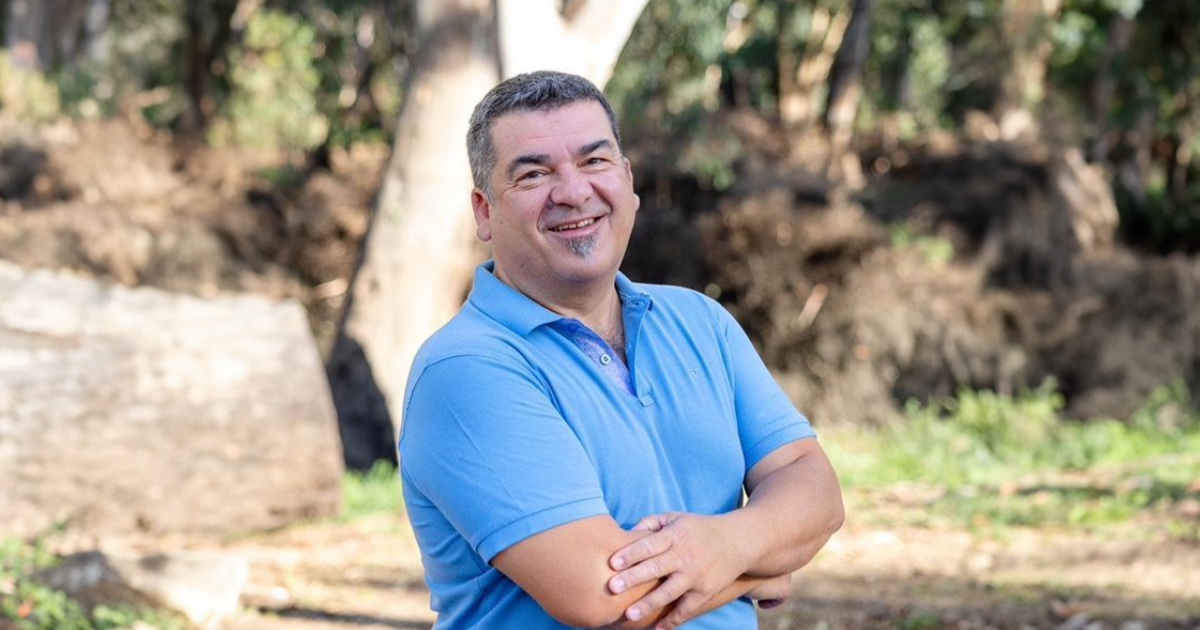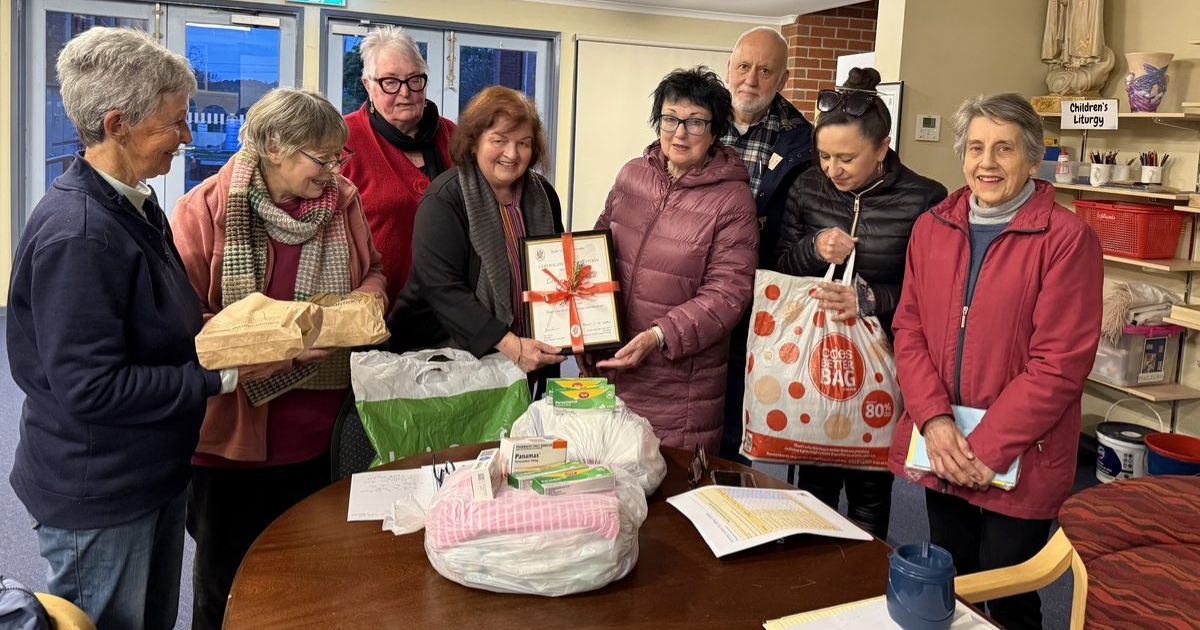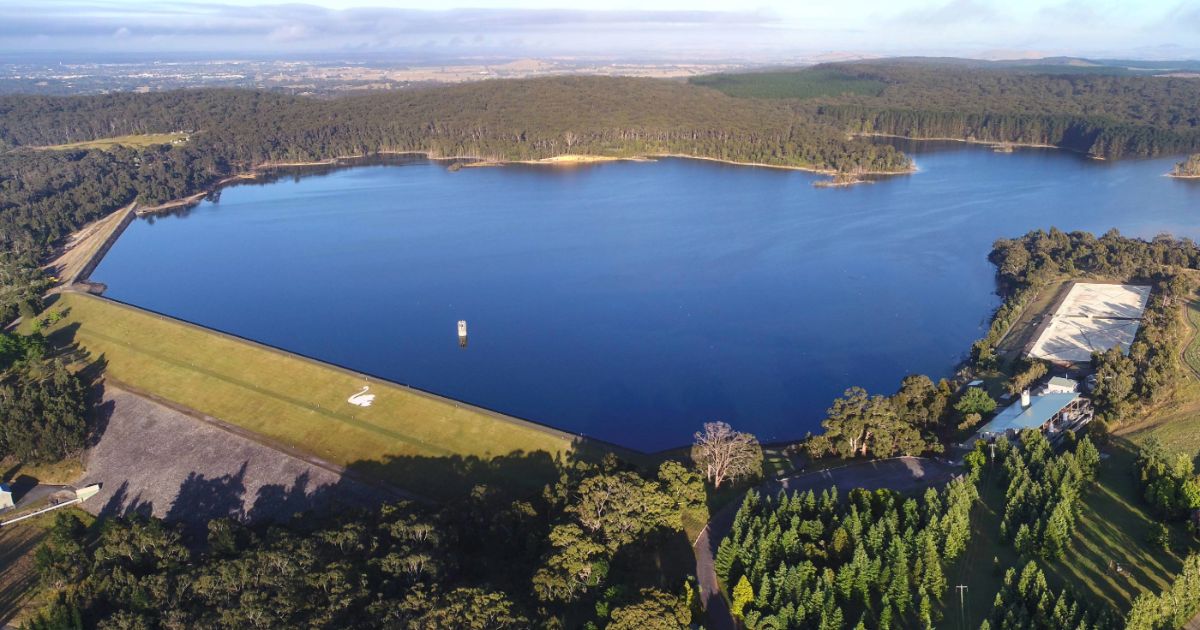Increasing tourism spend but still more to be done

Room for improvement: Tourism Midwest Victoria chair John Pandazopoulos said regional Victoria is still down on pre-COVID international visitor numbers. Photo: FILE
TOURISM spending in Victoria has grown to $43.7 billion with a twenty per cent increase in year-on-year international visitor spend in the 12 months to June 2025.
The data from Tourism Research Australia’s Domestic Tourism Statistics and International Visitor Survey indicated that last financial year, Victoria had 24.7 per cent market share of Australia’s total visitor spend, which is the second highest of any state or territory.
The number of nights international visitors stay increased by 21.5 per cent and international visitation increased by 11.5 per cent.
“It’s great that the international numbers are coming back and all tourism organisations in the state have been pushing for the State Government to provide resources because technically we are still not back to where we were pre-COVID,” Tourism Midwest Victoria chair John Pandazopoulos said.
Last month the State Government announced it will spend $43 million to boost international tourism marketing including the Every Bit Different campaign, which will target the Chinese market.
Chinese tourists spent $3.1 billion in the 12 months to June 2025, an increase of 24.6 per cent from the previous year.
“We’ve seen strong growth from Vietnam and Thailand… but generally regional Victoria is still down on international visitation since 2019,” Mr Pandazopoulos said.
“Anything the Government does now promoting the state takes probably a couple of years for international visitors to lock themselves in.
“We are going to see the benefits of that in a couple of years, and we need to get ready for that.”
Victorians spent $1.8 billion on tourism in regional Victoria in the June 2025 quarter although overnight spend results were down 11 per cent in the state, which was the largest decrease of all states and territories.
“When we look at most of our market which is domestic, that is flat in a number of areas,” Mr Pandazopoulos said.
“That’s a reflection of people being a bit more conservative about their money despite the economy kicking along okay.
“Cost of living’s affected a lot of people so they are a bit more sensitive about how they spend their money… hopefully that cautiousness will dissipate.”


















